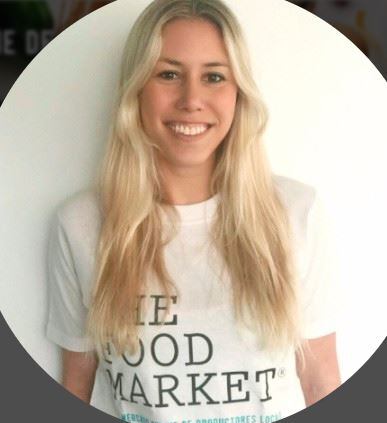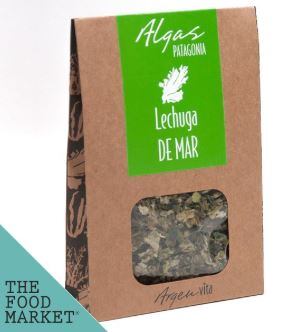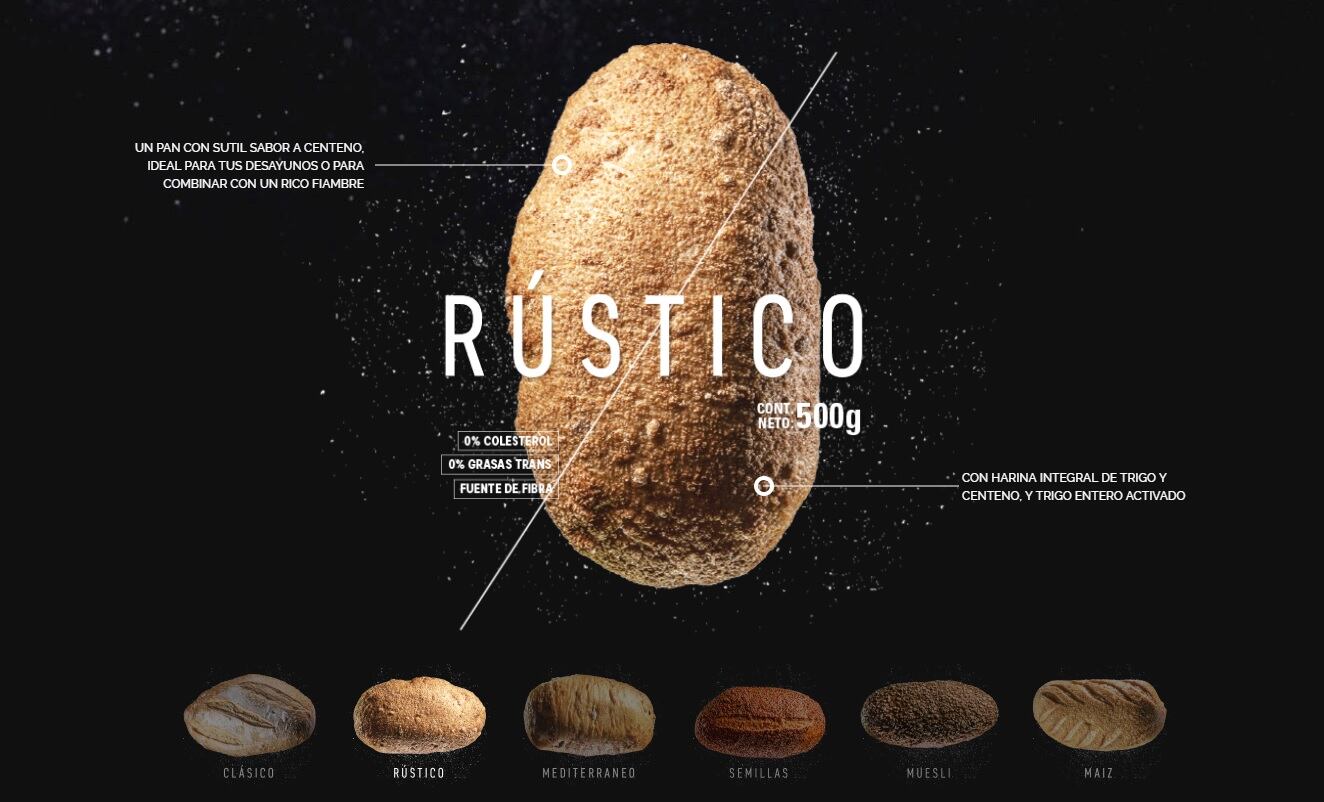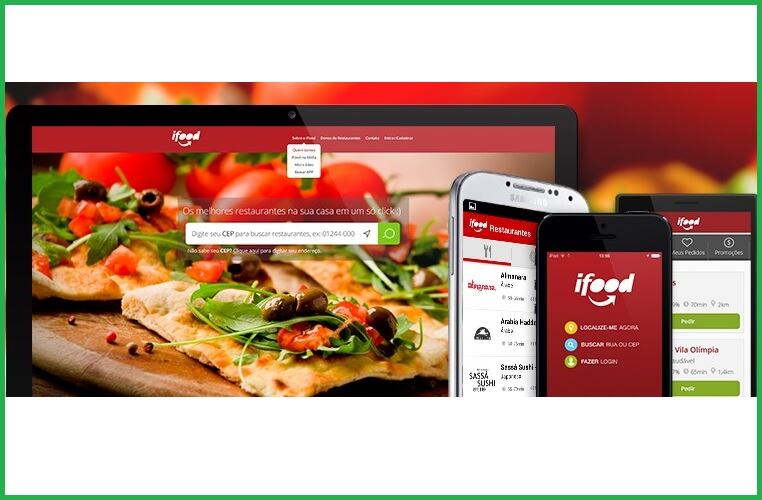“We wanted to create an enterprise that is profitable and scalable, but that also generates a great social impact,” said Melanie Wolman, a business graduate and co-founder of The Food Market.
Along with industrial engineering graduate and business graduate Nadia Javkin, the duo founded The Food Market in 2015, a farm-to-fork and factory-to-fork online marketplace.
The concept benefits both consumers, who looking for independent brands and "honest, transparent" products in a single place, and independent producers, she said.
“The Food Market is the online market of local producers. We give them an unimagined window, a huge online sales channel and an unthinkable growth opportunity. We are their online sales channel."
The proof? "Many of them redirect their platforms to The Food Market," she told FoodNavigator-LATAM.

“It is difficult [for small producers] to compete with those of mass consumption. They find it difficult to reach the final consumer,” she said.
The producers and manufacturers decide the price paid by the final consumer and The Food Market takes a commission.
After downloading the app, available via the Apple store and Google Play, consumers can choose which products to add to their shopping cart, or opt for a ‘pre-filled box’, which are assembled by The Food Market team based on consumer comments.
“We rotate the products so that they [have] a variety and enjoy discovering new products,” she added.
“Argentines are very interested in helping the local economy […] and we all want to collaborate with producers for the common good of the country. [Supporting the local or regional economy] is a new trend in recent years. It is totally on the rise, and I think this is just the beginning.”
The Food Market currently counts around 3,000 products in its database, including snacks, alcoholic and non-alcoholic drinks, ice cream and cheese, vegetable burgers and bakery goods.
It also has a fruit and vegetable category but only for dried or frozen products.
“We [used to sell fresh fruit and vegetables] in the beginning, but it was difficult to establish quantities and not waste food, which we detest,” Wolman explained. “We believe that when we evaluate other possibilities of logistics and shipments, we will start again.”

ArgenVita is an algae-based snack brand listed on The Food Market. The seaweed is harvested by hand from the Patagonian coastline and the range includes agar agar, nori, sea lettuce (pictured) and wakame, retailing for between AR$40 and AR$50.
Finding new products to add to its database is not a problem as The Food Market is relatively well known among artisan and independent food producers, and many of them contact the start-up directly and ask to be listed.
“When this is the case, we meet up, check their products, and if they comply with our policies, they join us. On the other hand, we are always looking throughout Argentina for different producers that are characteristic of their regions to get to know them and start selling throughout the country.”
Both B2B and B2C channels
The Food Market has both B2B and B2C channels. It delivers between 800 and 1,000 orders each month directly to consumers around Argentina (with the biggest concentrations in Buenos Aires) as well as supplying more than 60 wholesale customers in the restaurant, hotel and catering business.
Having an established online presence has been important in driving growth on the B2C side, Wolman said, and it is active on both Instagram and Facebook. “Social networks were and continue to be a big boost for our business.”
Meanwhile, the economic crisis in Argentina has been a challenge – but also part of a learning experience in how to be agile and adaptable amid uncertainty.
“It is difficult to do business in these circumstances because it is hard to project and put together a model that works. You have to be constantly changing and be flexible to the different difficulties that arise. But you also have to be alert to opportunities and be able to take advantage of them.”




